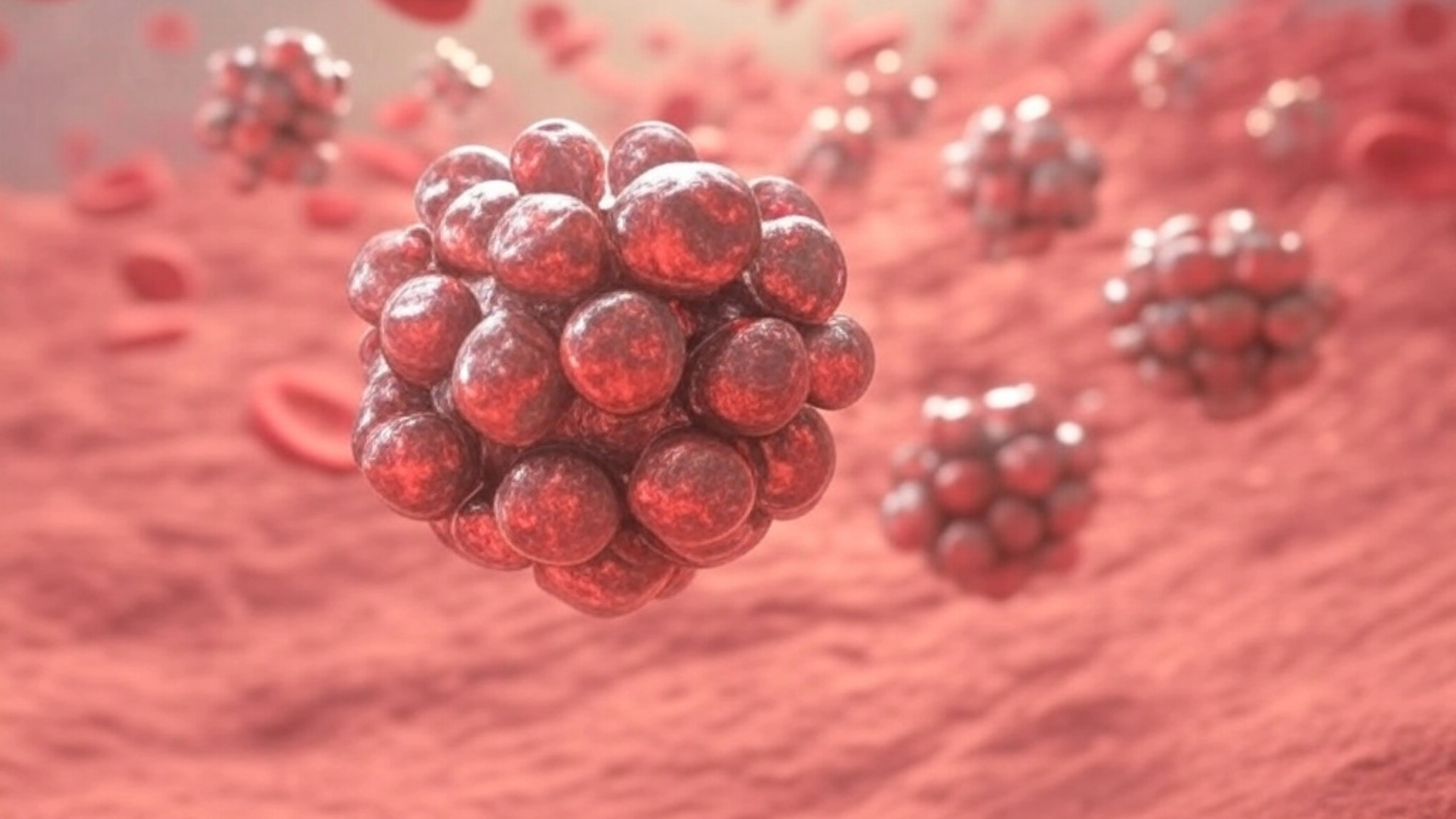Is GHK-Cu an Alternative to the Recently Recategorized BPC-157? Let’s find out.
GHK-Cu, or copper tripeptide GHK-Cu, is a naturally occurring peptide found in human plasma. As we age, our bodies produce less of this crucial peptide, which plays a significant role in various biological processes. At age 20, plasma levels of GHK are about 200 ng/ml. By age 60, levels drop to approximately 80 ng/ml, correlating with reduced rejuvenative capacity.
GHK–Cu has several regenerative and therapeutic properties. It is known for promoting wound healing, reducing inflammation, and improving skin and hair health. This peptide has been studied for over four decades and has shown promise in various applications, including anti-aging, hair growth, cancer prevention, and nerve regeneration.
Human peptide GHK has been suggested as a viable treatment for skin inflammation, chronic obstructive pulmonary disease, and metastatic colon cancer. It has the remarkable ability to downregulate over 4,000 human genes, resetting DNA to a healthier state.
In 1973, the human tripeptide GHK was discovered to have rejuvenating effects on aging human liver tissue, stimulating protein synthesis. Dr. Pickart, a key researcher, earned degrees in Chemistry and Mathematics from the University of Minnesota and later obtained his Ph.D. in biochemistry from the University of California, San Francisco. In his doctoral thesis, “A TriPeptide from Human Serum,” he laid the groundwork for his future research and discoveries.
Dr. Pickart discovered the positive effects of GHK-Cu peptide on skin health and restructuring. His research showed that GHK-Cu can boost gene expression in the ubiquitin-proteasome system, which has implications for aging and disease.
Key Benefits of GHK-Cu
- Wound Healing and Tissue Repair: GHK-Cu has been shown to enhance wound healing by increasing tissue antioxidant levels and facilitating wound contraction and closure. It also helps remodel and repair tissues.
- Anti-Aging: The peptide is used in cosmetic products to reduce wrinkles and improve skin smoothness and brightness. It helps increase collagen synthesis, essential for preserving skin’s elasticity and tightness.
- Hair Growth: GHK-Cu has effectively treated hair loss and improved hair growth, including male-pattern baldness. It is often included in products like Minoxidil for enhanced efficacy.
- Potential in Cancer Therapy: Recent studies suggest that GHK-Cu might help halt cancer cell formation and improve tissue health surrounding cancer lesions.
- Nerve Regeneration: Studies are ongoing to investigate the peptide’s role in nerve regeneration and its potential to treat neurodegenerative conditions.
- Immune System: Attracts immune cells, improving the body’s defense mechanisms.
- Antioxidant and Anti-Inflammatory: Provides protection against oxidative stress and inflammation.
Comparison with BPC-157
BPC-157 is another peptide known for its regenerative properties, particularly in healing injuries related to muscles, tendons, and ligaments. While both GHK-Cu and BPC-157 promote tissue repair and reduce inflammation, their mechanisms and areas of efficacy can differ:
- BPC-157: More commonly associated with gut health, tendon and ligament repair, and reducing inflammation in musculoskeletal injuries.
- GHK-Cu: Broader applications in skin and hair health, anti-aging, and possibly more systemic effects like cancer prevention and nerve regeneration.
Considerations
If you are considering an alternative to BPC-157, GHK-Cu could be a viable option, especially if your focus is on skin health, anti-aging, or hair growth. However, it’s important to note that while both peptides have shown promising results, they are not entirely interchangeable due to their different primary functions and benefits.
Is BPC-157 Banned by the FDA?
BPC-157 has recently been reclassified by the FDA, which means it is no longer approved for compounding. This change is often misrepresented online as a ban, which is inaccurate. The reclassification process involves the FDA reviewing nominations for substances to be used in compounding to ensure their safety and efficacy. If a substance is found to have significant risks or lacks sufficient evidence of efficacy, it may not be approved for compounding use. In summary, BPC-157 is no longer available as a prescribed medication.
References:



